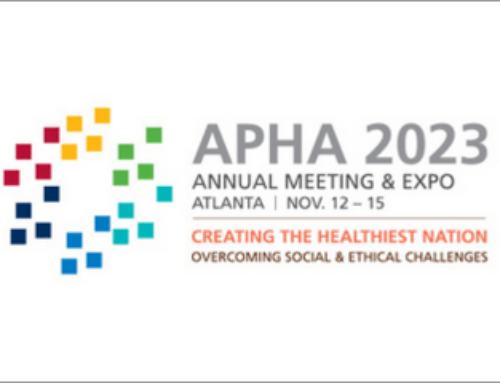The Internal Revenue Service (IRS) unveiled draft rules outlining the subsidies that will help residents purchase health coverage through the health insurance exchanges created by the Affordable Care Act. Individuals could receive tax credits if they are not eligible for “affordable coverage” through an employer-sponsored plan that covers less than 60% of the costs. The credits would apply to individuals whose household income is between 100% and 400% of the federal poverty level.
IRS released a calculator to help employers determine whether their plans cover enough costs to meet the law’s requirements. Individuals also could use the calculator to figure out if they are eligible for insurance subsidies.
The proposal also provide more information on the type of health coverage employers must offer to comply with the ACA. The draft rules clarify that employer-sponsored health care plans cannot include most “wellness programs” as part of minimum coverage requirements, unless they are designed to prevent smoking. Many businesses and not-for-profit entities had hoped that the rules would include wellness programs, such as those requiring employees to meet certain health standards to pay lower premiums, in the coverage they must provide. The omission might result in employers paying more for workers’ health coverage.
The public has until July 2 to submit comments to IRS on the draft rules.








